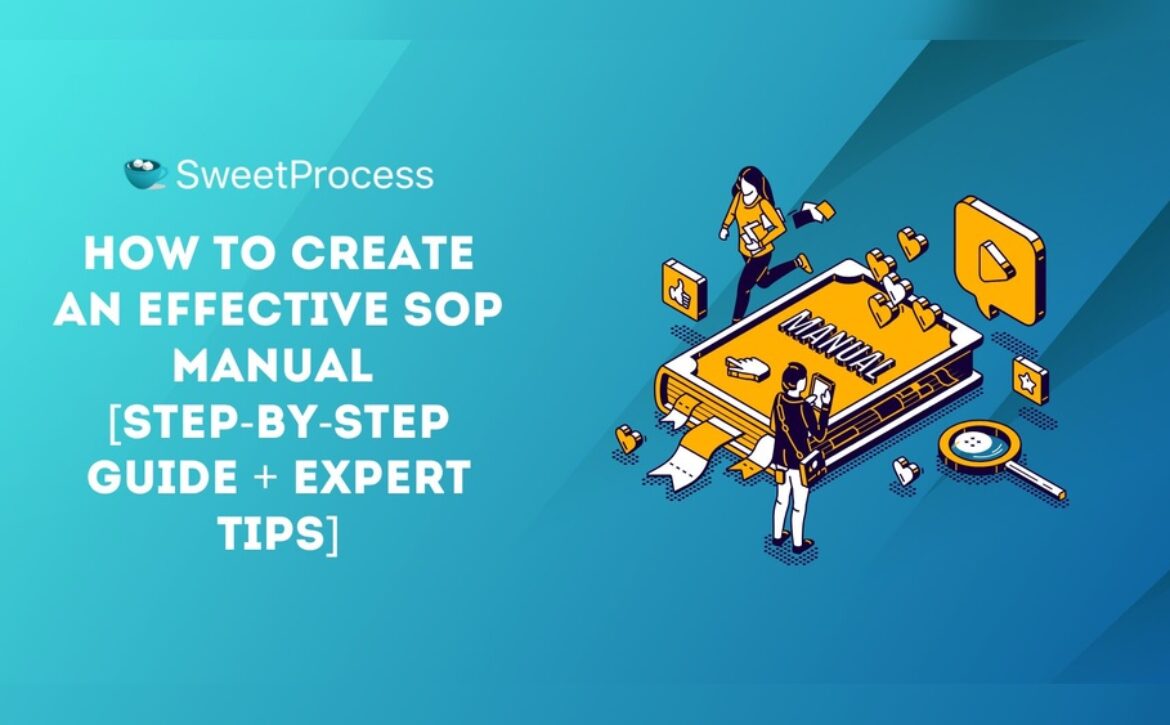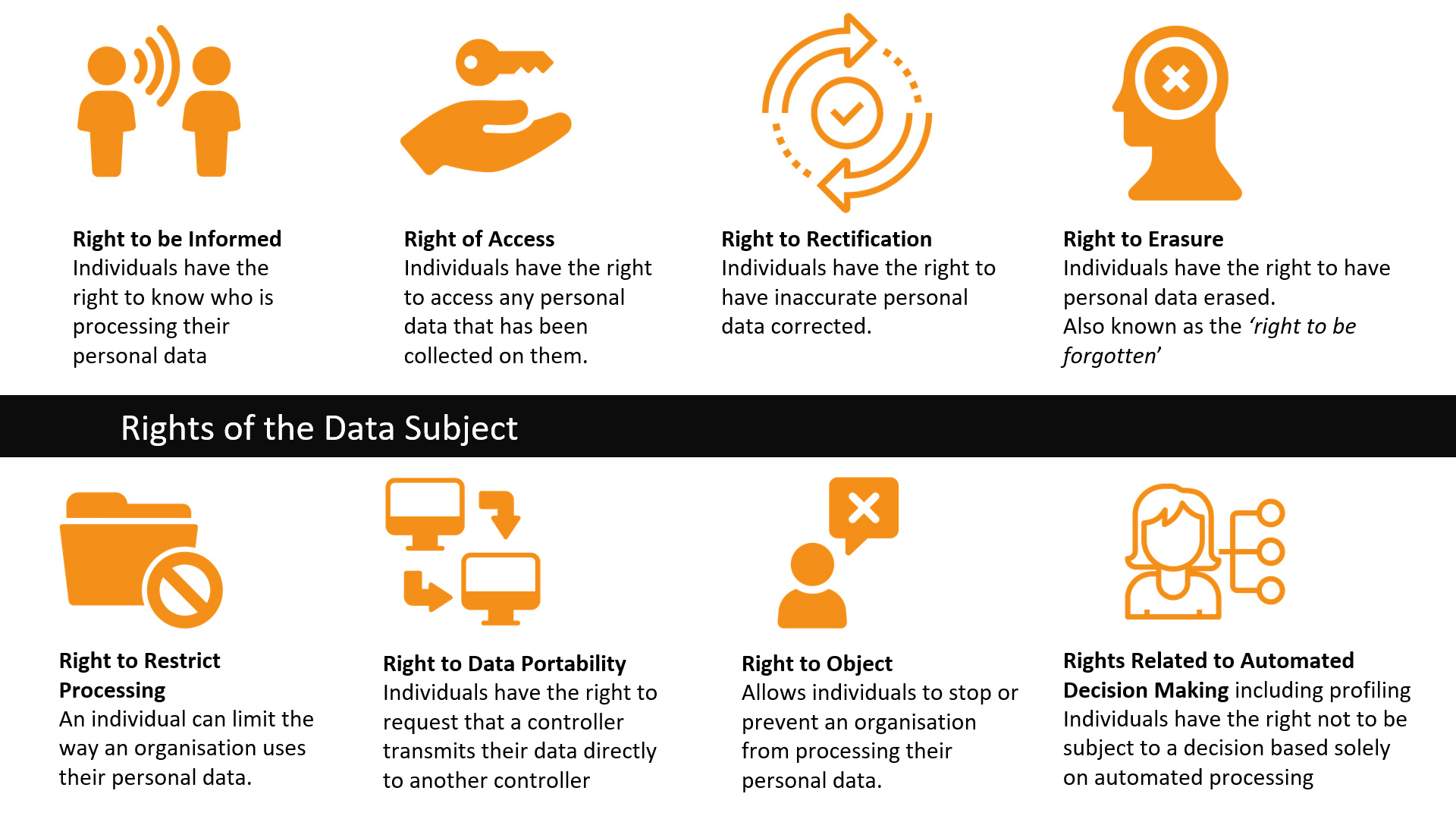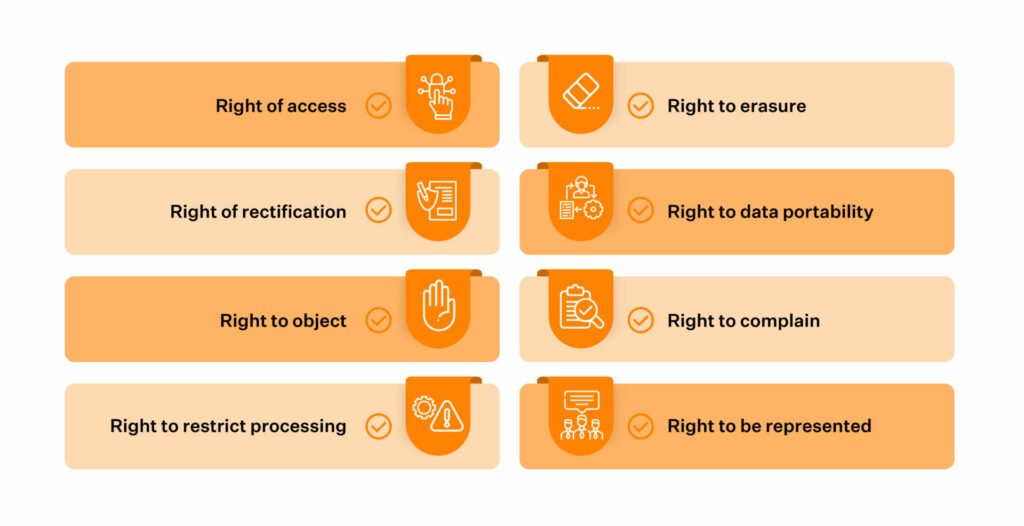
How to Become a GDPR Training Expert: A Step-by-Step Guide
Have you ever wondered how you can enhance your career while making a real impact in the digital world? Becoming an expert in GDPR training could be your key to unlocking a new professional path.
As data privacy becomes increasingly crucial, businesses are eager to ensure their compliance with the General Data Protection Regulation. This is where your expertise will shine. By mastering GDPR training, you position yourself as a vital asset to any organization, helping them navigate complex privacy laws while building trust with their customers.
Imagine the satisfaction of knowing your skills not only boost your career but also protect individuals’ data rights. Intrigued? Let’s dive into how you can become a sought-after GDPR trainer and transform your future.
Understanding Gdpr Essentials
Explore the basics of GDPR through structured training. Learn key regulations, compliance strategies, and privacy protection principles. Equip yourself with essential skills to manage data responsibly and ensure legal adherence.
Understanding the essentials of GDPR (General Data Protection Regulation) is crucial for anyone involved in data handling. Whether you’re a business owner, an employee, or a freelancer, understanding these regulations helps you protect data and maintain customer trust. Let’s dive into the key elements that form the backbone of GDPR and why they’re important for everyone dealing with personal information.
Key Principles Of Gdpr
The GDPR is built on several fundamental principles that guide how personal data should be handled. Transparency is key. You must inform individuals about how their data is being used in clear, plain language. Data minimization is another principle, meaning you should only collect data that is absolutely necessary for your purpose. Think about it: do you really need that extra piece of information, or is it just a habit to ask for it? Accuracy is critical too. Ensure that the data you hold is correct and up to date.
Importance Of Data Protection
Why is data protection so important? Imagine your personal information being shared without your consent. It’s unsettling, right? Protecting data builds trust with your customers and partners. It ensures that you respect their privacy and handle their information responsibly. Moreover, compliance with GDPR can save you from hefty fines and legal troubles. It’s not just about avoiding penalties—it’s about safeguarding your reputation. Wouldn’t you rather be known as a trustworthy brand than one that mishandles data? Prioritizing data protection reflects your commitment to ethical business practices.

Educational Pathways
Choosing the right educational path is crucial for GDPR training. Understanding the regulations and their impact is important. This knowledge helps ensure data protection compliance.
Diverse learning avenues are available. They cater to varying needs and preferences. These include courses, certifications, and online platforms.
Relevant Courses And Certifications
Completing specific courses boosts GDPR knowledge. Many institutions offer these courses. They cover data protection laws and practices. Obtaining certifications validates your skills.
Certifications like CIPP/E are well-regarded. They highlight expertise in privacy and data protection. Such credentials enhance career prospects.
Online Learning Platforms
Online learning platforms provide flexibility. They offer courses that fit your schedule. Platforms like Coursera and Udemy offer GDPR courses.
These courses cover fundamentals and advanced topics. Interactive modules help reinforce learning. Many platforms also offer certificates of completion.
Skills Development
Embarking on the journey to become a GDPR trainer is more than just mastering regulations—it’s about honing essential skills that will empower you to educate others effectively. Skills development is crucial, and it involves sharpening your communication and presentation abilities, as well as enhancing your analytical and problem-solving prowess. Whether you’re delivering a training session to a group or tackling complex GDPR scenarios, these skills will be your toolkit for success.
Communication And Presentation Skills
Imagine standing in front of a room full of eager learners. The ability to convey complex GDPR concepts in a clear and engaging manner is vital. You need to speak with confidence and clarity, using language that resonates with your audience.
Practice your presentation skills by joining local speaking clubs or workshops. These can provide a supportive environment to refine your technique. Try recording yourself during practice sessions. This can help you identify areas for improvement.
Incorporate storytelling into your presentations to keep your audience engaged. Sharing a personal experience about a GDPR challenge can make the information relatable and memorable.
Analytical And Problem-solving Skills
Being a GDPR trainer demands strong analytical skills. You’ll encounter diverse scenarios that require quick thinking and effective solutions. How do you tackle a complex data privacy issue on the spot?
Regularly engage with GDPR case studies to sharpen your problem-solving skills. Analyze different outcomes and think critically about alternative solutions. This practice can make you adept at addressing unexpected questions during your sessions.
Consider forming a study group with fellow trainers to discuss real-life GDPR situations. Collective brainstorming can offer fresh perspectives and enhance your analytical capabilities.
Skills development is a continuous journey. How will you elevate your abilities to become a top-notch GDPR trainer? Embrace the challenges and opportunities for growth, and you’ll be well-equipped to guide others on their GDPR journey.
Building Experience
Explore the essentials of GDPR training by understanding privacy laws and data protection. Dive into the key principles and compliance strategies to enhance your expertise. Gain practical knowledge through hands-on exercises and real-world scenarios.
Building experience is a crucial step in your journey to becoming a GDPR training expert. Experience doesn’t just happen overnight; it requires dedication and a proactive approach. By engaging in hands-on activities, you gain valuable insights and skills that will set you apart. Let’s dive into two effective ways to build this experience: internships and volunteering, and networking opportunities.
Internships And Volunteering
Internships are an excellent way to gain practical knowledge in GDPR. They provide real-world exposure to data protection practices and policies. Look for internships at companies known for their strong data protection programs. Ask yourself, what can you learn from their approach? Volunteering can be equally rewarding. Consider offering your services to non-profits or small businesses that need GDPR guidance. This not only builds your resume but also allows you to make a meaningful impact.
Networking Opportunities
Networking is a powerful tool for career development. Attend industry events and seminars focused on GDPR. Connect with professionals who are already in the field. What insights can they offer you that aren’t found in textbooks? Engage with online forums and groups related to data protection. Sharing your experiences and learning from others can accelerate your growth. Remember, the relationships you build today might open doors tomorrow. Are you ready to take that step?
Designing Training Programs
Creating effective GDPR training involves understanding privacy laws and designing courses that simplify complex regulations. Focus on interactive modules that engage learners and offer practical scenarios. Tailor content to different roles, ensuring each participant grasps their responsibilities in data protection.
Designing a GDPR training program can be a rewarding endeavor. It allows you to impart crucial knowledge that empowers organizations to handle data responsibly. This process requires careful planning and creativity to ensure that the content is not only informative but also engaging and accessible to all participants.
Creating Engaging Content
Start by identifying key topics that your audience needs to understand. GDPR can be complex, so break it down into manageable sections. Use simple language and real-life examples to clarify concepts. Consider using stories to make the information relatable. Share a personal experience where GDPR compliance made a significant difference. This approach helps participants see the practical application of the rules. Visual aids like infographics and videos can also enhance understanding. They can turn dry information into memorable content. Ask yourself, how can visuals make this topic more engaging?
Utilizing Interactive Tools
Interactive tools are essential for keeping participants engaged. Incorporate quizzes and polls to test understanding and keep energy levels high. These tools encourage active participation rather than passive listening. Think about using case studies and group discussions. These methods foster collaboration and critical thinking. Participants can learn from each other while applying GDPR principles to real-world scenarios. Gamification is another powerful tool. Creating challenges or simulations related to GDPR can make learning fun and competitive. What better way to learn than by playing a game that reinforces crucial compliance skills? By focusing on engaging content and interactive tools, your GDPR training program can be both educational and enjoyable. How will you make your training stand out?

Marketing Your Expertise
Elevate your career by specializing in GDPR training. Share your knowledge through workshops, online courses, and informative content. Help others understand compliance, building trust and credibility.
Marketing your expertise as a GDPR trainer is crucial in establishing a strong reputation and attracting potential clients. The world of data protection is vast and ever-changing, which means your insights and skills are in high demand. But how do you stand out in a crowded marketplace? By effectively marketing your expertise, you can position yourself as a go-to professional in the field. Let’s explore some actionable strategies to help you reach your audience and grow your client base.
Building An Online Presence
Start by creating a professional website that showcases your services, qualifications, and past successes. Use simple language to explain GDPR concepts and how your training can benefit organizations. Make it easy for visitors to contact you by adding a clear call-to-action on every page. Leverage social media platforms to share insights, updates, and tips related to GDPR. Engage with your audience by asking questions and responding to comments. Consistent posting will help you build a community interested in data protection. Consider writing guest posts for industry blogs or websites. This not only boosts your visibility but also positions you as an authority in the field. Each article should provide value and showcase your unique approach to GDPR training.
Collaborating With Organizations
Reach out to companies and offer free workshops or webinars as a taste of your training. This allows businesses to see your expertise in action and consider hiring you for more comprehensive sessions. Tailor your offerings to address specific industry challenges, making your training more relevant. Network with other professionals in the data protection field. Attend conferences or join online forums where you can share knowledge and collaborate on projects. Building relationships with industry peers can lead to referrals and joint ventures. Create partnerships with educational institutions or training providers. Offering GDPR courses through these channels can expand your reach and credibility. Ensure your content aligns with their standards to maintain a high level of professionalism. How will you leverage these strategies to market your GDPR expertise? By taking proactive steps, you can effectively showcase your skills and attract the clients you want.
Staying Updated
Staying updated in GDPR training is crucial for maintaining compliance and ensuring your skills are sharp. The world of data protection is constantly evolving, and as someone involved in GDPR training, you must be proactive. Embracing new information and adapting to changes can be the difference between success and falling behind.
Following Regulatory Changes
Regulatory changes can happen frequently, and keeping up is essential. Subscribe to newsletters from authoritative bodies like the Information Commissioner’s Office (ICO). These sources provide reliable updates directly from the experts.
Attend webinars and conferences that focus on GDPR updates. Networking with other professionals at these events can offer insights that aren’t available online.
Have you ever been surprised by a sudden regulation change? Staying informed can help prevent such surprises and ensure you’re always prepared.
Continuous Professional Development
Continuous professional development is key to mastering GDPR training. Enroll in courses that offer certifications recognized globally. This not only boosts your credibility but also broadens your knowledge.
Participate in online forums and discussion groups. Sharing experiences with peers can spark new ideas and clarify uncertainties.
Consider setting aside time each week for self-study. A small time investment can yield significant benefits in your professional journey.
Staying updated isn’t just about compliance; it’s about being a leader in your field. How do you plan to stay ahead in the ever-changing world of GDPR?

Frequently Asked Questions
What Qualifications Are Needed For Gdpr Training?
To become a GDPR trainer, you need a strong understanding of data protection laws. A background in law, IT, or compliance is beneficial. Completing a recognized GDPR certification can enhance your credibility. Practical experience in data protection roles can also boost your qualifications for this role.
How Long Does Gdpr Training Take?
GDPR training duration varies based on the course and provider. It typically ranges from a few days to a few weeks. Comprehensive courses cover GDPR principles, compliance strategies, and case studies. Online courses offer flexibility and can be completed at your own pace.
Is Gdpr Certification Mandatory For Trainers?
While not mandatory, GDPR certification is highly recommended for trainers. It validates your expertise in data protection and compliance. Certification can enhance your professional credibility and increase job opportunities. It ensures you are up-to-date with the latest GDPR regulations and practices.
What Are The Benefits Of Gdpr Training?
GDPR training provides a deep understanding of data protection laws. It enhances your skills in managing data compliance and privacy issues. Training increases employability in sectors requiring GDPR expertise. It helps businesses avoid hefty fines by ensuring they comply with GDPR regulations.
Conclusion
Embarking on GDPR training is a smart career move. It opens doors to new opportunities. You gain skills that businesses value. This training helps protect data and privacy. It makes you a trusted professional. Start with the basics, then deepen your knowledge.
Practice regularly and stay updated with GDPR changes. This journey requires dedication and patience. But the rewards are worth it. You become a valuable asset in any organization. Take the first step today. Begin your path to becoming a GDPR expert.
Success awaits those who are prepared and persistent.




